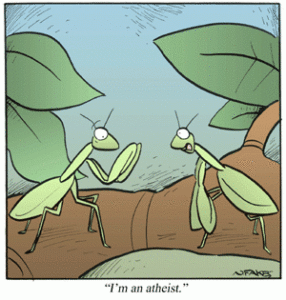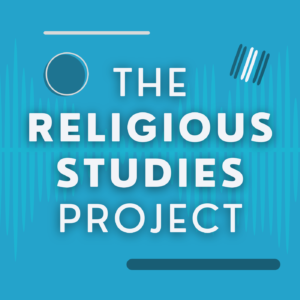
The First Rule of Adjuncting is…
The first rule of adjuncting is you don’t talk about adjuncting.[1]
The second rule of adjuncting is… you don’t talk about adjuncting!
If you have seen the film Fight Club, a visually stunning piece based on Chuck Palhnuik’s book by the same title which savagely critiques modern consumerism, you know that I am making a link here between this film and the role of the adjunct in American higher education.






